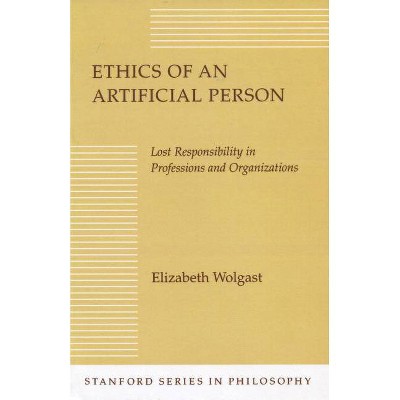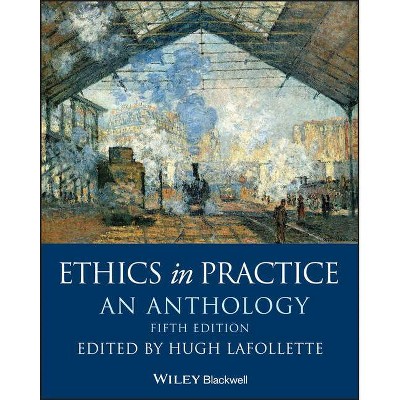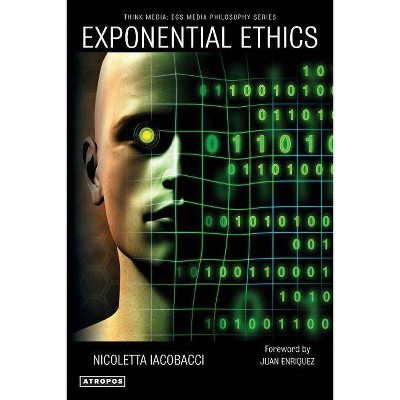Ethics of an Artificial Person - (Stanford Philosophy) by Elizabeth H Wolgast (Paperback)

Similar Products
Products of same category from the store
AllProduct info
<p/><br></br><p><b> Book Synopsis </b></p></br></br>Artificial persons, as conceived by Hobbes, speak and act in the name of others, so that their actions become the actions of someone else, such as the lawyer who represents and acts for his or her client. In modern institutions we can find many other examples: among them politicians, brokers, real estate agents, bureaucrats, corporate executives, and military personnel. This book focuses on the moral issue of how we can and should locate responsibility for the actions of artificial persons. The author argues that conceiving this question in terms of roles, which may have their own moralities, blocks the kind of moral criticism we want to make, for there is a deep and intractable dissonance between role moralities and moral theory. This dissonance shows that we cannot deal with the moral issues piecemeal, profession by profession, as a role interpretation encourages us to do. Reverting to Hobbe's abstract idea of artificial persons vitiates the compartmentalization of problems. We can freely cross disciplinary boundaries, as well as the line between theory and practice, and allow practices to cast their light back on the theory and show us its deficiencies. In short, this approach reorients some much-discussed issues of professional, business, and military ethics and reveals them as variations on one deeply rooted theme. The author does not treat current institutions as final and unalterable. If these arrangements frustrate moral evaluation, she finds that an argument for change. To make intelligent changes, however, we need a clear view of the reasoning that makes them seem natural and inevitable. That is what this book attempts to do. In the process, the author also re-examines the concept of 'person'. Not all cultures put so much stress on the idea as Western - and particularly American - cultures do. If we wish to keep this emphasis, then here is another argument for change. If we want to keep our institutions as they are, then this is the price; it is a fairly clear choice.
Price History
Price Archive shows prices from various stores, lets you see history and find the cheapest. There is no actual sale on the website. For all support, inquiry and suggestion messages communication@pricearchive.us




















